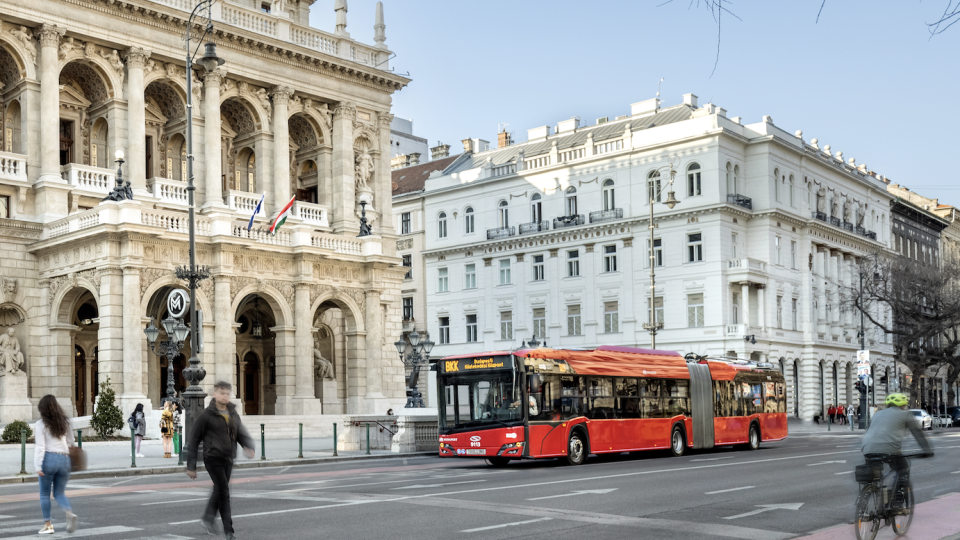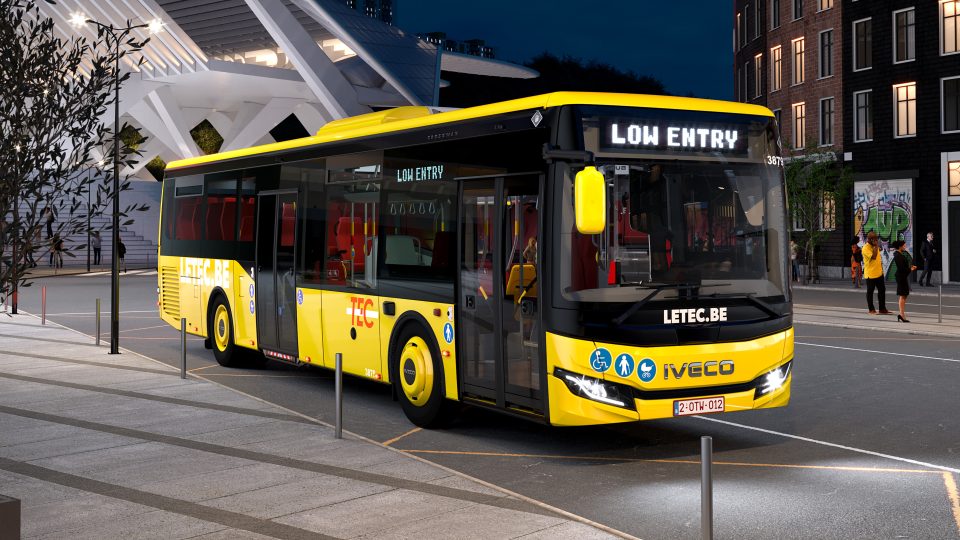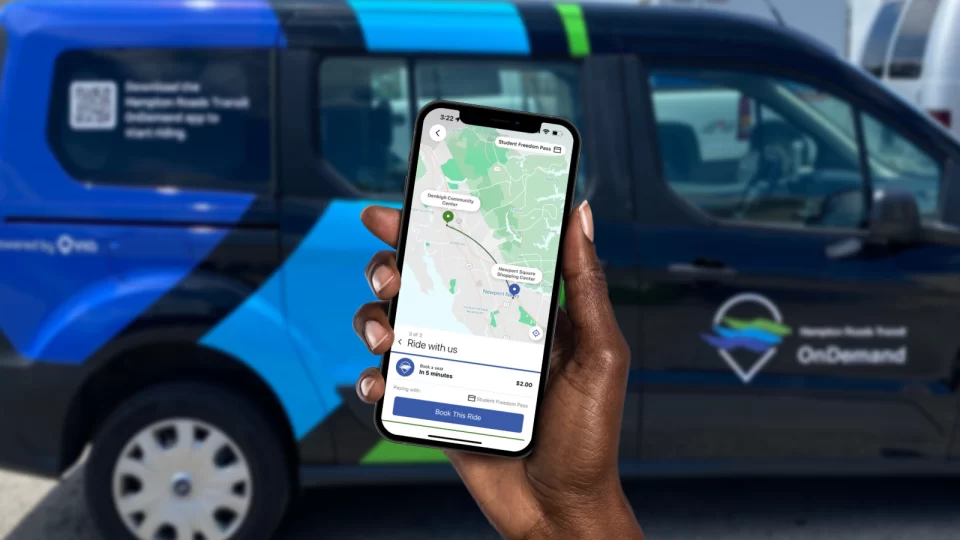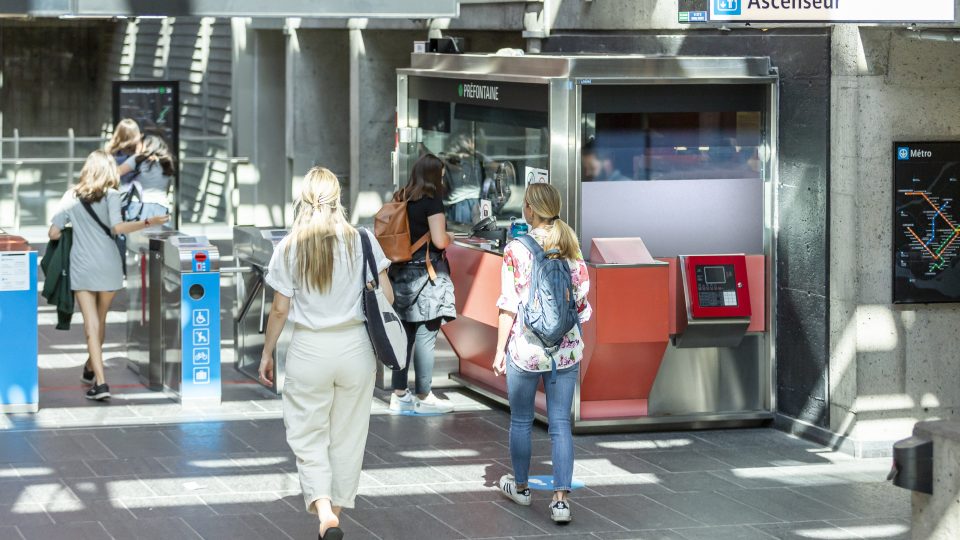8 US states developing a plan to accelerate electric trucks and buses adoption
Eight US states, driven by California, are developing an action plan to put hundreds of thousands more zero-emission trucks and buses on the roads. The initiative has been announced yesterday by the California Air Resources Board (CARB) agency. To date, a Statement of Intent (entitled ‘Multi-State Medium- and Heavy-Duty Zero Emission Vehicle Initiative’) has been issued.The […]
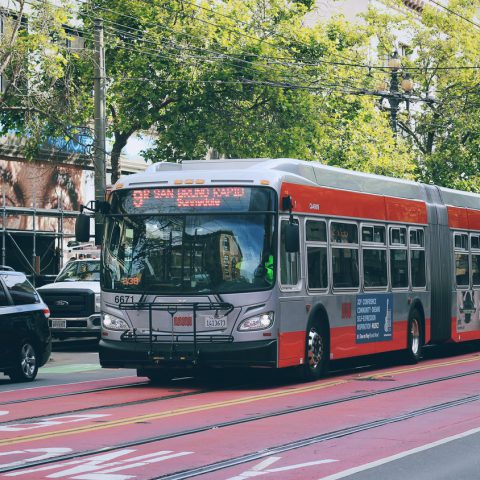
Eight US states, driven by California, are developing an action plan to put hundreds of thousands more zero-emission trucks and buses on the roads. The initiative has been announced yesterday by the California Air Resources Board (CARB) agency. To date, a Statement of Intent (entitled ‘Multi-State Medium- and Heavy-Duty Zero Emission Vehicle Initiative’) has been issued.The Board is currently holding its first meeting to consider a proposed Advanced Clean Trucks regulation that would establish sales and reporting requirements for zero-emission medium- and heavy-duty vehicles. The board is expected to consider the first of its kind regulation for adoption next year.
California is working in this direction together with Connecticut, Maine, Massachusetts, New Jersey, Oregon, Rhode Island and Vermont. Recently, in California, a mega order for 130 battery-electric buses has been signed by Los Angeles Department of Transportation (LADOT): it’s the largest single order of battery-electric buses to date in the United States.
According to P&S market research, US electric bus market is set to grow 18.5% yearly in the period 2019 – 2024.
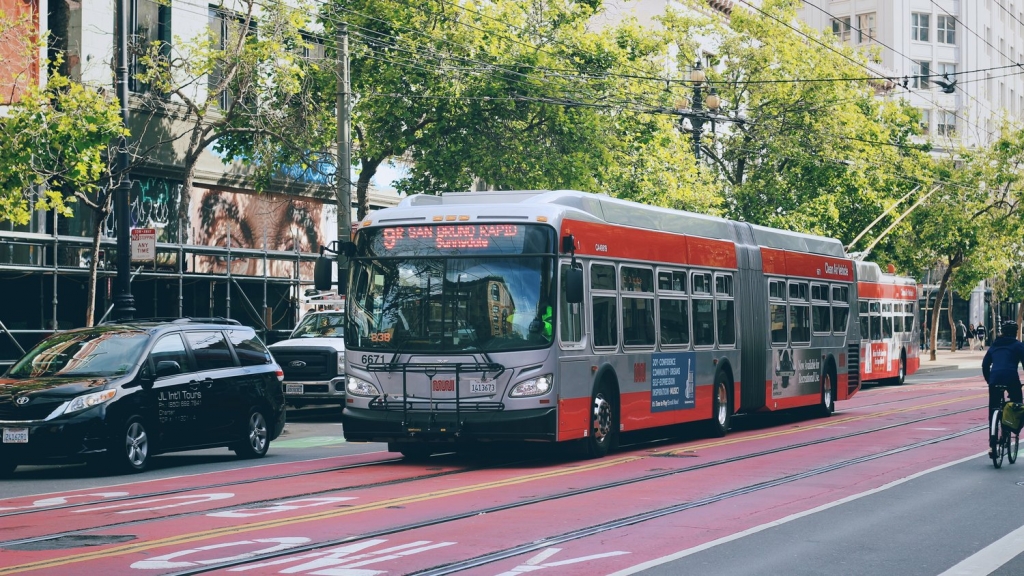
A ZEV Task Force to implement electric trucks and buses adoption
The partnering states «agree that accelerating the transition to zero-emission medium and heavy-duty vehicles is a critical part of reducing climate-altering carbon pollution and harmful smog-forming pollutants and particulate matter that disproportionately impacts urban communities and people living near major truck routes and distribution hubs», the partners announce in a press note.
This new medium- and heavy-duty vehicle collaborative effort will be implemented through the ZEV Task Force, CARB points out, and facilitated by the Northeast States for Coordinated Air Use Management (NESCAUM), a multi-state organization with more than 50 years of experience supporting collaborative clean air programs. It will pursue similar coordinated action with industry and stakeholders to identify and address cost, fueling infrastructure, and other barriers.
California forerunner in transition to EV
California is the forerunner state in the US on the way to decarbonize bus fleets, which are expected to be zero emission by 2040. It’s the target of the Innovative Clean Transit rule, voted by California’s Air Resources Board (CARB) exactly one year ago.
The state has invested nearly $1 billion in cap and trade proceeds into a variety of demonstration and pilot projects to accelerate and promote the commercialization of zero- and near-zero medium and heavy duty trucks and buses. Companies with large fleets, including Pepsico and FedEx, are partners in these initiatives, along with a broad range of other technology partners.
Other participating states are providing incentives for zero emitting freight trucks, transit buses and school buses; introducing electric shuttle and urban buses into transit fleets; allocating Volkswagen settlement funds toward medium- and heavy-duty vehicle electrification; and piloting innovative approaches such as vehicle-to-grid (V2G) electric school buses.
States helping companies to convert their fleets
Quoting the Statement of Intent, «After light-duty vehicles, medium- and heavy-duty vehicles are the next largest contributor to transportation sector greenhouse gas emissions. Diesel emissions from these vehicles are also a major source of nitrogen dioxides, particulate matter, and air toxics, and are preventing many densely populated areas from achieving air quality levels that are protective of public health with an adequate margin of safety. Manufacturers are beginning to produce zero emission buses and trucks and companies are responding by converting their fleets to cleaner alternatives. States can play a vital role in this process. It is our intention to build on the light-duty ZEV memorandum of understanding as a successful model to advance adoption of zero emission medium- and heavy-duty vehicles».
https://www.sustainable-bus.com/news/california-pushes-for-the-transition-only-zero-emission-purchases-from-2029/
Electric trucks to reduces pollutions in cities
«Trucks are increasingly a major contributor to air pollution nationwide, but especially in our cities where they are among the largest sources of toxic emissions in vulnerable neighborhoods» said CARB Chair Mary D. Nichols. «We need to design a regulatory program that gets to the heart of this problem. We will move farther faster in partnership with other states who share the same commitment to cleaning up trucks and protecting public health».
“Many communities in Connecticut are located near major trucking routes, ports and other trucking hubs and are particularly vulnerable to the harmful health impacts of air pollution from diesel trucks and further contributing to the climate crisis. As the federal government continues to ignore the public health of our citizens and the impacts of climate change, state leadership in pursuit of decarbonizing the transportation sector is needed now more than ever,” said Connecticut Department of Energy and Environmental Protection Commissioner, Katie Dykes.
“Promoting the adoption of electric vehicles isn’t limited to cars and light trucks and we are grateful for the collaboration with other states and the Northeast States for Coordinated Air Use Management,” said New Jersey Department of Environmental Protection’s Commissioner Catherine R. McCabe.




